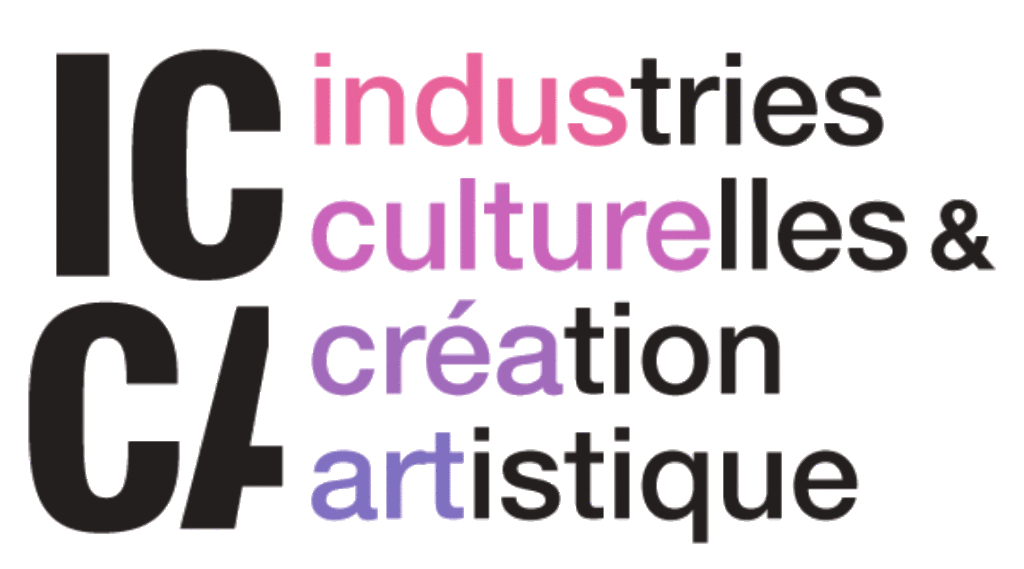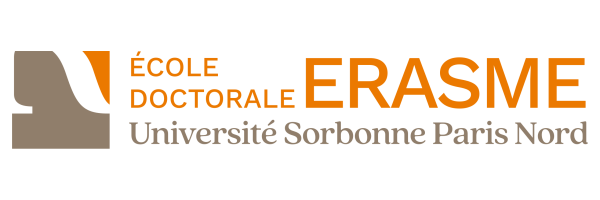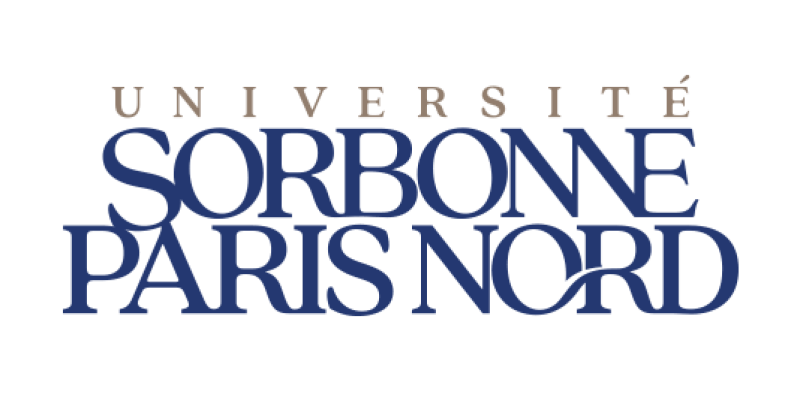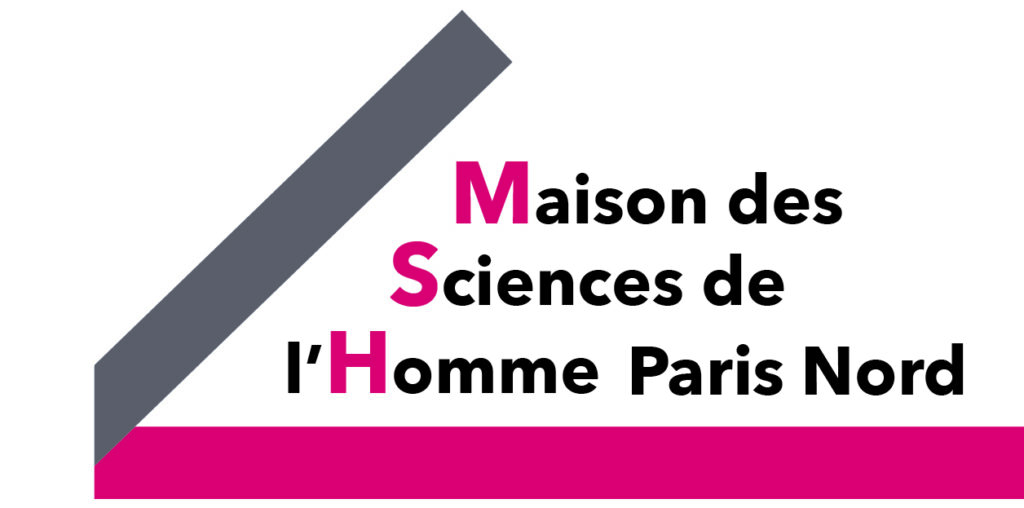LabSIC axis
The study of the industrialization of culture, information and communication has been the scientific foundation of the laboratory from the start. Long formulated in terms of approaches (socio-economic, socio-political, socio-technical), the three axes along which our work was organized aimed to account for a way of approaching common objects according to distinct issues. Thus, we have devoted a large part of our research to the theoretical and epistemological aspects of the socio-economic modeling of cultural industries, in line with the French and Anglo-Saxon currents of the political economy of communication, in particular through the works, in France, of Bernard Miège, Armand Mattelart and Patrice Flichy, and, abroad, of Enrique Bustamente, Nicholas Garnham, Vincent Mosco, Herbert Schiller, among others. This theoretical framework has also accompanied the development of research on several aspects of the cultural and media industries and on some of the phenomena or mutations they experience: the “publishing-bookstore” sector, the press, television, but also the training and educational industries.
More recently, part of our work has focused on the conditions for the dissemination of socio-technical and industrial innovations, on communication within organizations, on the communication of museum structures or even on the role of opinion polls in the economy of information or on the mediatization of the charts.


From one to another of these researches, old and new, the same desire to defend and illustrate a communicational approach to the cultural and media industries is affirmed, in accordance with what constitutes the orientation of the scientific policy. of the LabSIC.
Over the years, this scientific policy has allowed the LabSIC to be recognized within the scientific community and to acquire a certain international influence. This is evidenced, among other things, by the ongoing cooperation that several of its researchers maintain with Quebec and Canadian colleagues, the programs carried out jointly with several foreign teams, the laboratory’s commitment to national and international programs, and the fact that LabSIC has been chosen to support the ICCA laboratory of excellence.
Numerous contracts and research programs of the LabSIC, in very diverse professional sectors (traditional and digital publishing, computerization of the management of health systems, museums, scientific and technical communication, etc.) are still to be credited to the laboratory and illustrate his ability to grasp new objects and questions.
Because of the heuristic strength of all this work and our desire to accommodate different methodologies and issues, it had become necessary to better differentiate our themes in order to ensure their better understanding while ensuring that the consistency of the approach is preserved. all of the research and the possibilities for dialogue and mutual enrichment from one theme to another.

AXIS 1
Cultural, educational and creative industries : reconfiguration of sectors and emerging logics








